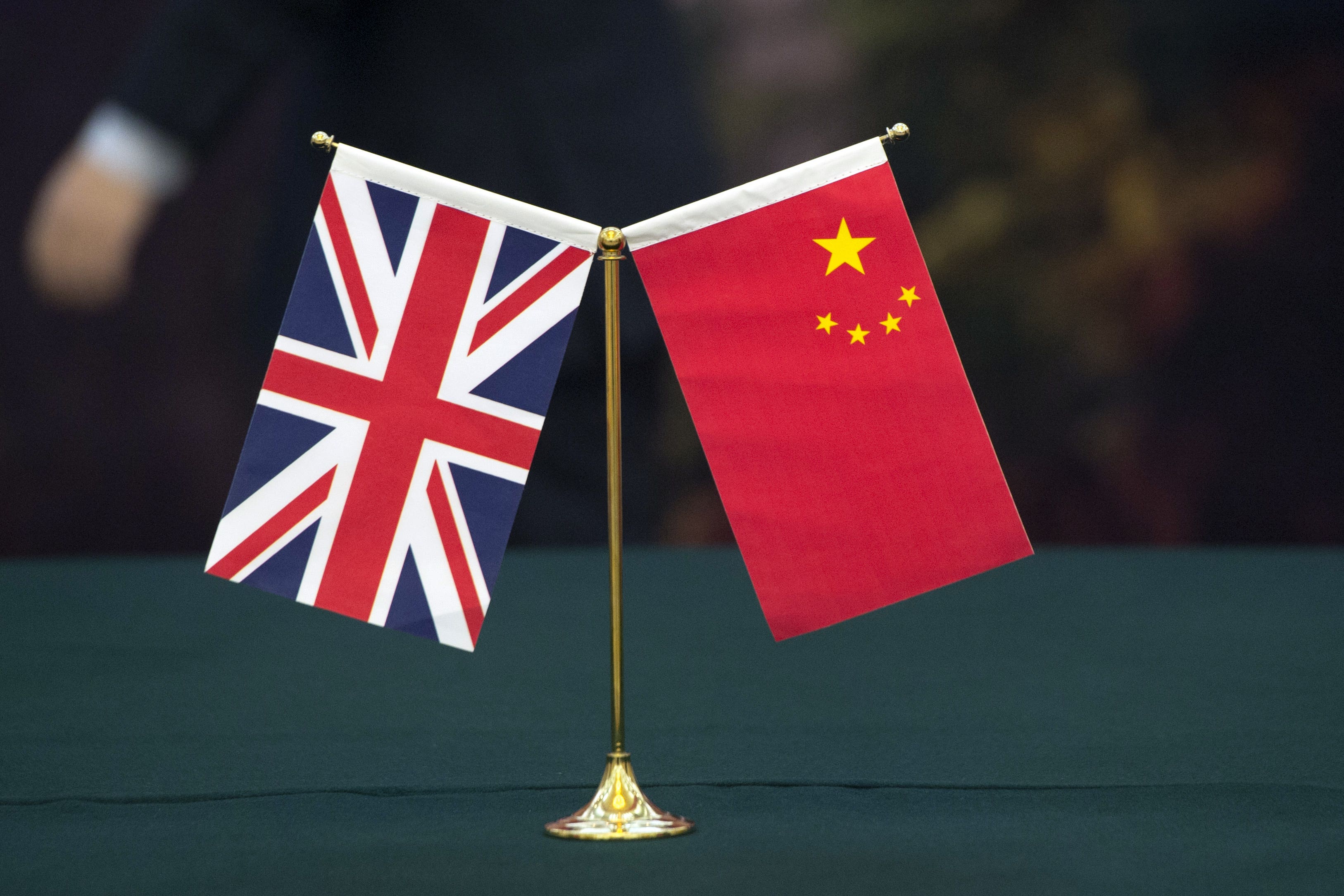Key questions around James Cleverly’s visit to China
The last UK foreign secretary to visit China was Jeremy Hunt in 2018.

James Cleverly will become the first UK Foreign Secretary in five years to visit Beijing on Wednesday.
What’s on the agenda and why is the visit controversial?
– Why is the Foreign Secretary visiting China?
The UK Government believes China’s emergence as a major power poses an “epoch-defining challenge” to the international order in terms of global security and the values that underpin global relations.
Mr Cleverly believes that engagement with China is vital because its economic clout and influence means that no international challenge – such as climate change or the war in Ukraine – can be solved without it.
But he has promised to raise China’s human rights abuses, the crackdown on dissent in Hong Kong and activity in the South China Sea and Taiwan Strait.
– Why has it been five years since the last visit by a UK Foreign Secretary?
Since Jeremy Hunt’s trip in 2018, the so-called “golden era” in the UK-China relationship has come to an end.
The UK’s decision to ban Chinese tech giant Huawei from 5G networks over security concerns in 2020, Beijing’s sanctions on MPs and peers who had spoken out about human rights abuses in Xinjiang province and allegations of a Chinese agent targeting Parliament have all contributed to a frosty relationship.
The UK’s intelligence agency MI6 is devoting more resources to China than any other country because of the scale of the challenge.
The Covid-19 pandemic, which originated in China, has also restricted opportunities for face-to-face talks.
– What will be on the agenda?
As well as global issues such as climate change and Ukraine, Mr Cleverly will want to highlight concerns about China’s regional activity.
Beijing has rapidly expanded its navy and militarised islands in the South China Sea in an increasingly assertive stance in response to sovereignty disputes.
Mr Cleverly will also stress the need to dial down tensions with Taiwan, warning that conflict could disrupt global trade through the Taiwan Strait and have a potentially catastrophic economic effect in China and the rest of the world.
In his talks with counterpart Wang Yi the Foreign Secretary will also highlight issues where the UK has “strong disagreements” including the crackdown on democracy in Hong Kong, the sanctioning of British parliamentarians.
– What has China got to do with the war in Ukraine?
Xi Jinping is one of the few international leaders who may be able to influence Vladimir Putin and the UK hopes to persuade China to push for an end to the war.
Beijing has claimed to be neutral, but MI6 chief Sir Richard Moore said earlier this year that China had “leant very heavily in support of Russia”, providing diplomatic backing.
There is also widespread suspicion that dual-use equipment, which can be for both civilian and military purposes, is flowing from China to Russia to help maintain Mr Putin’s war effort.
Mr Cleverly is likely to stress that, as a permanent member of the UN Security Council, China has a responsibility to show its support for the UN Charter which is meant to protect a country from invasion.
– What do critics of Mr Cleverly’s visit say?
The Tory benches contain a number of vocal China hawks, who want a tougher line from the Government.
Sir Iain Duncan Smith, the former Tory leader who is among the MPs and peers sanctioned by Beijing, said he had hoped Mr Cleverly would not visit China, accusing the Government of a weak approach he dubbed “Project Kowtow”.
But he said that as Mr Cleverly was going to Beijing, while there he must publicly call out the treatment of Uighur Muslims in Xinjiang as genocide – a label the UK has refused to use – speak out about the situation in Hong Kong and pro-democracy newspaper publisher Jimmy Lai and condemn China over its support for Russia’s invasion of Ukraine.
Sir Iain claimed the Government’s current approach was reminiscent of the appeasement of Nazi Germany in the 1930s and had left the UK as the softest member of the Western alliance.
Amnesty International UK’s chief executive Sacha Deshmukh said: “Thousands of persecuted people in Hong Kong and mainland China will be watching this trip closely and expecting James Cleverly to speak up for them, negotiate for them, and on his return to the UK be able to say he’s genuinely stood up for their rights.”
– So what next?
If the talks between Mr Cleverly and Mr Wang are a success, a face-to-face meeting between Rishi Sunak and Xi Jinping could be the next stage in the diplomatic thaw.
The Prime Minister and the Chinese president are among leaders invited to the gathering of G20 nations in India in September.
Subscribe to Independent Premium to bookmark this article
Want to bookmark your favourite articles and stories to read or reference later? Start your Independent Premium subscription today.
